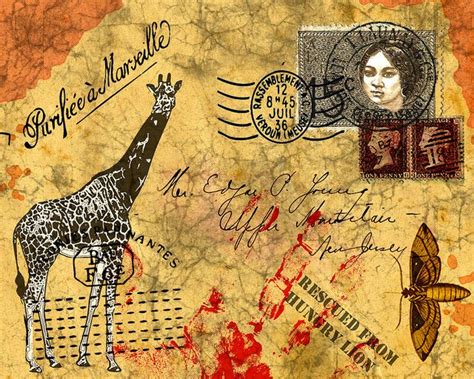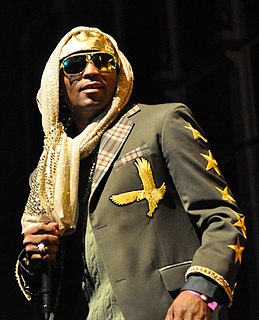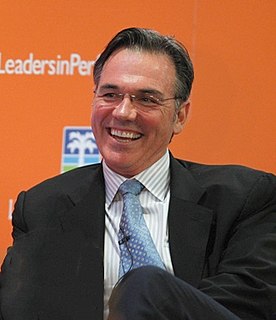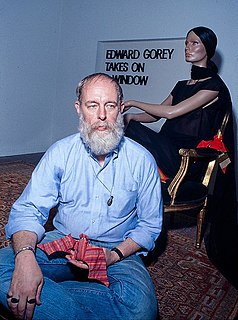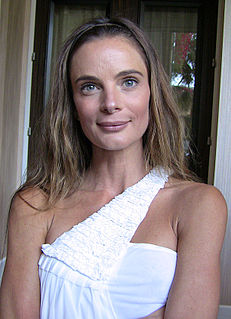A Quote by Nick Bantock
I like it that my career has all the predictability and continuity of a children's nonsense rhyme.
Quote Topics
Related Quotes
This is what rhyme does. In a couplet, the first rhyme is like a question to which the second rhyme is an answer. The first rhyme leaves something in the air, some unanswered business. In most quatrains, space is created between the rhyme that poses the question and the rhyme that gives the answer - it is like a pleasure deferred.
If you're doing nonsense it has to be rather awful, because there'd be no point. I'm trying to think if there's sunny nonsense. Sunny, funny nonsense for children — oh, how boring, boring, boring. As Schubert said, there is no happy music. And that's true, there really isn't. And there's probably no happy nonsense, either.
I really, really love children and I think probably among children is when I feel mostly berated. It's not like I feel like oh, there's some children here. I have to tone it down. I go nuts with children especially when I ain't got none. So when I'm round my mates' children, I jest them kids up first. I swear at them, I get more worked up, I say crazy stuff to them, fill their heads with nonsense and then I leave them.
I like the stability, the continuity of having a lifestyle where I know I can pay my rent at the end of each month. And also I have these children that I am raising and it's nice for all of us to sort of know that we're going to be in a specific place for a certain amount of time. I've never known that in my career. So I'm really quite grateful at this point that I get to have the sort of double existence and I can rely on both.
In 1967, in DeKalb v. DeSpain, a court (255 F.Supp. 655. N.D.Ill. 1966.) took a 4-line nursery rhyme used by a K-5 kindergarten class and declared the nursery rhyme unconstitutional. The court explained that although the word 'God' was not contained in this nursery rhyme, if someone were to hear the rhyme, he might think that it was talking about God - and that would be unconstitutional!
